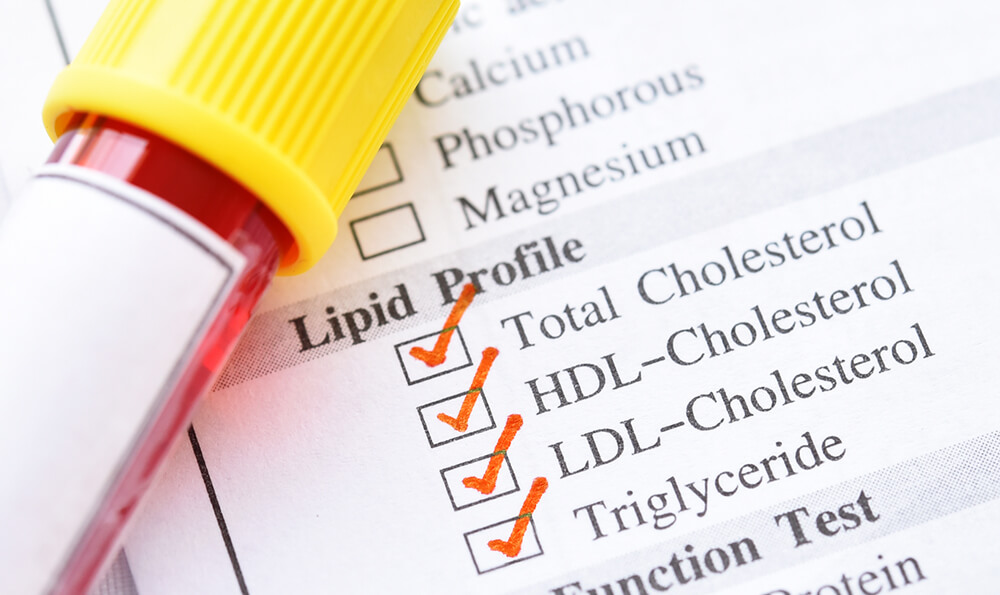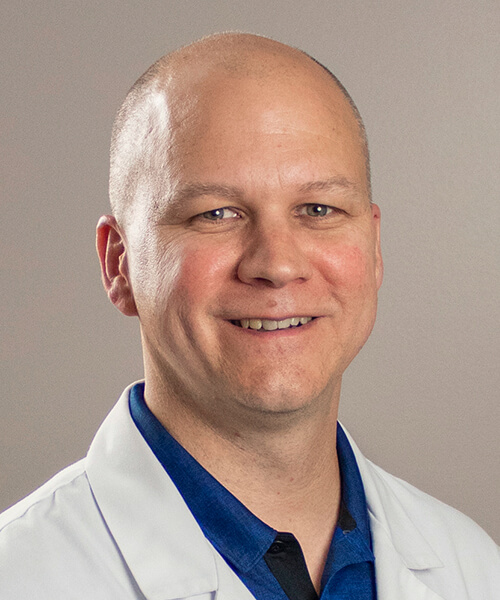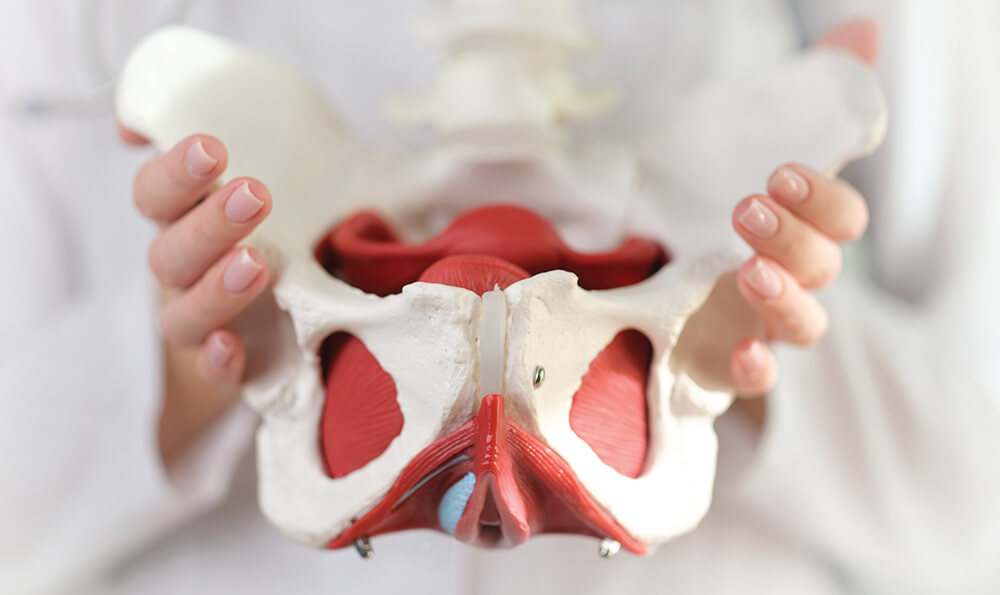Health & Wellness

 Michael R. Donnally, MD, is a cardiologist serving patients as part of The Heart Partnership between Memorial Hospital and The Ohio State University Wexner Medical Center. The Heart Partnership puts state-of-the-art prevention, diagnostic, and treatment delivery systems alongside expert physicians to provide comprehensive heart and vascular care to the region.
Michael R. Donnally, MD, is a cardiologist serving patients as part of The Heart Partnership between Memorial Hospital and The Ohio State University Wexner Medical Center. The Heart Partnership puts state-of-the-art prevention, diagnostic, and treatment delivery systems alongside expert physicians to provide comprehensive heart and vascular care to the region.
Dr. Donnally’s expertise is in treating cardiovascular diseases, heart valve conditions, hypercholesterolemia, and hypertension, among other conditions. He currently serves as Medical Director for the Lipids Clinic at Memorial.
Total cholesterol (adult ranges):
• Normal: Less than 200 mg/dL
• Borderline high: 200 to 239 mg/dL
• High: At or above 240 mg/dL
LDL cholesterol (adult ranges):
• Optimal: Less than 100 mg/dL (This is the goal for people with diabetes or heart disease)
• Near optimal: 100 to 129 mg/dL
• Borderline high: 130 to 159 mg/dL
• High: 160 to 189 mg/dL
• Very high: 190 mg/dL and higher
The above numbers are general guidelines, because actual goals depend on the number of risk factors you have for heart disease. Some patients, in fact, may need to maintain LDL levels below 70, or even 55, based on their conditions.
HDL cholesterol:
Your HDL cholesterol levels should be above 40 mg/dL. This type of fat is actually good for you because it lowers your risk of heart disease. The higher the number, the lower your risk – in fact, 60 mg/dL or above is considered an ideal level to protect you against heart disease.
Triglycerides (adult ranges):
• Normal: Less than 150 mg/dL
• Borderline high: 150 to 199 mg/dL
• High: 200 to 499 mg/dL
• Very high: Above 500 mg/dL
• High levels of triglycerides are linked with a higher heart disease risk.
Q: What are lipids and why are they important to my overall health?
A: Dr. Donnally – We might each remember learning about lipids in school – they serve as the building blocks for all living cells. These fatty, waxy, or oily compounds are essential to many body functions – they help regulate hormones, transmit nerve impulses, cushion organs, and store energy in the form of body fat.
The three main types of lipids are phospholipids, sterols (including the different types of cholesterol), and triglycerides (which account for over 95% of lipids in food). Lipids are found in higher quantities in fried foods, animal fats, and dairy products like cream, butter, and cheese.
Though lipids are important to your health, consuming excessive amounts in food can lead to high lipid levels. On the other hand, some people have high levels because they have an inherited disorder. High lipid levels may also be caused by medical conditions such as diabetes, hypothyroidism, alcoholism, kidney disease, liver disease, and stress. What’s important to know is, high cholesterol can lead to diseases like atherosclerosis (“hardening of the arteries”), hypertension (high blood pressure), and coronary artery disease.
Q: I have a family history with a high-risk of cardiovascular disease. My doctor would like to monitor my health with a lipid panel test. What does this entail?
A: Dr. Donnally – More than likely, you have heard of a cholesterol test or “checking my cholesterol.” Your doctor is ordering a lipid panel or lipid profile to measure the amount of cholesterol and triglycerides in your blood. A lipid panel measures these fats:
- Total cholesterol
- LDL (“bad”) cholesterol
- HDL (“good”) cholesterol
- Triglycerides
The results can indicate to your provider if you are at risk for cardiovascular (heart and blood vessel) disease.
Q: Why has my provider referred me to a Lipids Clinic?
A: Dr. Donnally – Patients are referred to a Lipids Clinic because they have high lipids that have been resistant to standard therapy, or they have experienced intolerable side effects from cholesterol-lowering medications. Sometimes, patients are referred to a Lipids Clinic if they are on higher-cost medications and could benefit from prescription financial assistance, too.
Memorial Health offers a Lipids Clinic, staffed by expert clinical pharmacists and nurse practitioners with our Pharmacy Department. When a patient is referred to us, during the initial consultation, we perform blood tests to determine what lipid disorder you have, as well as to determine if the lipid problem is due to something other than diet or heredity. There are many disorders that could be responsible for the lipids, so treating the illness can also treat the lipid disorder.
Concerned about your lipid levels or your risk of cardiovascular disease? Speak to your primary care physician about your concerns and whether a referral to a Lipids Clinic is right for you.



